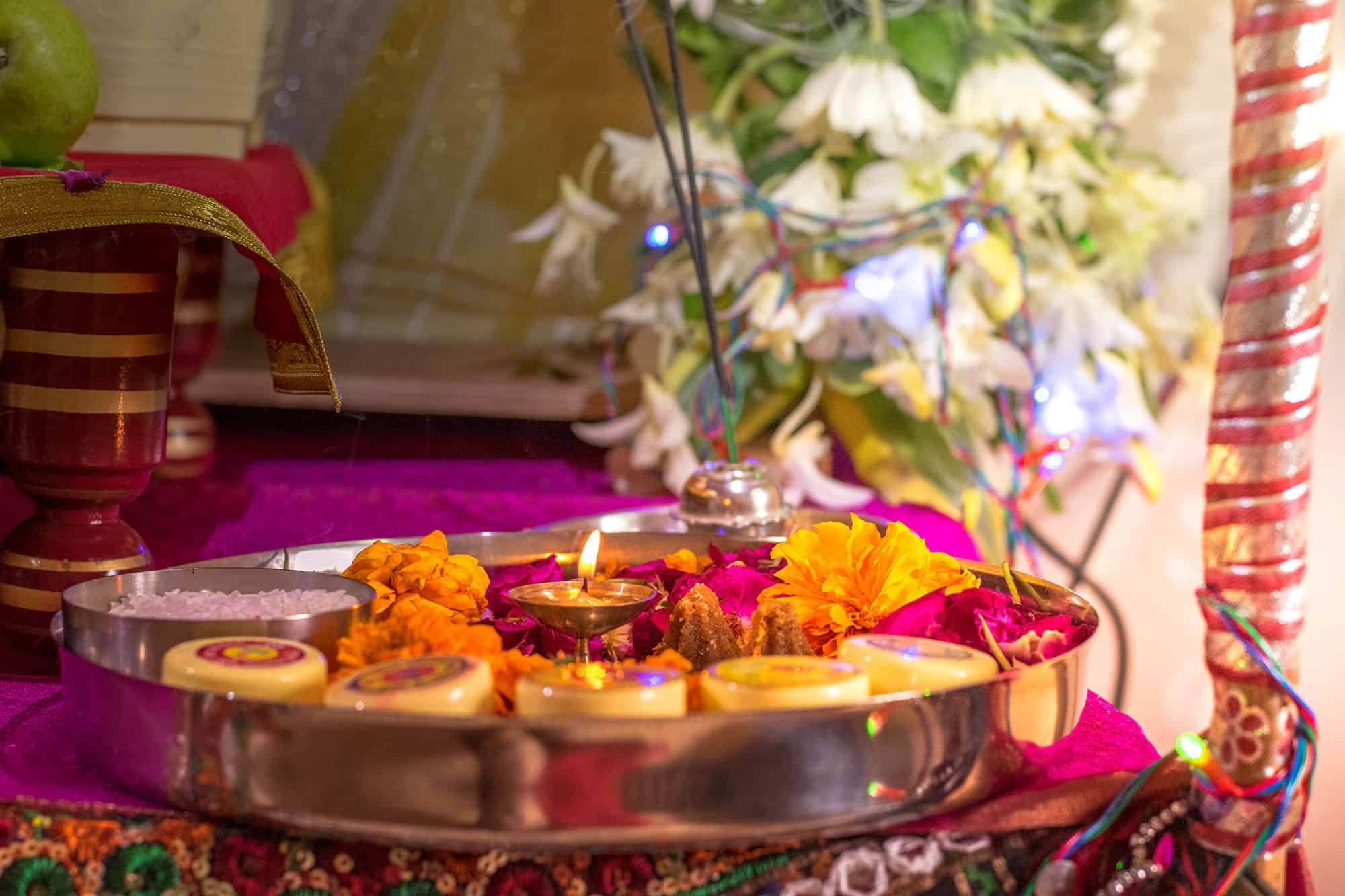A devotee and a lover of god always wants to make sure he is doing his daily rituals right. Being a follower of Hinduism makes it even more thinkable because of the vastness and diversity of the religion and the importance of even the little practices in it. The constant confusion in the mind of what are the daily rituals and how is it important is not very difficult to practice and grasp.
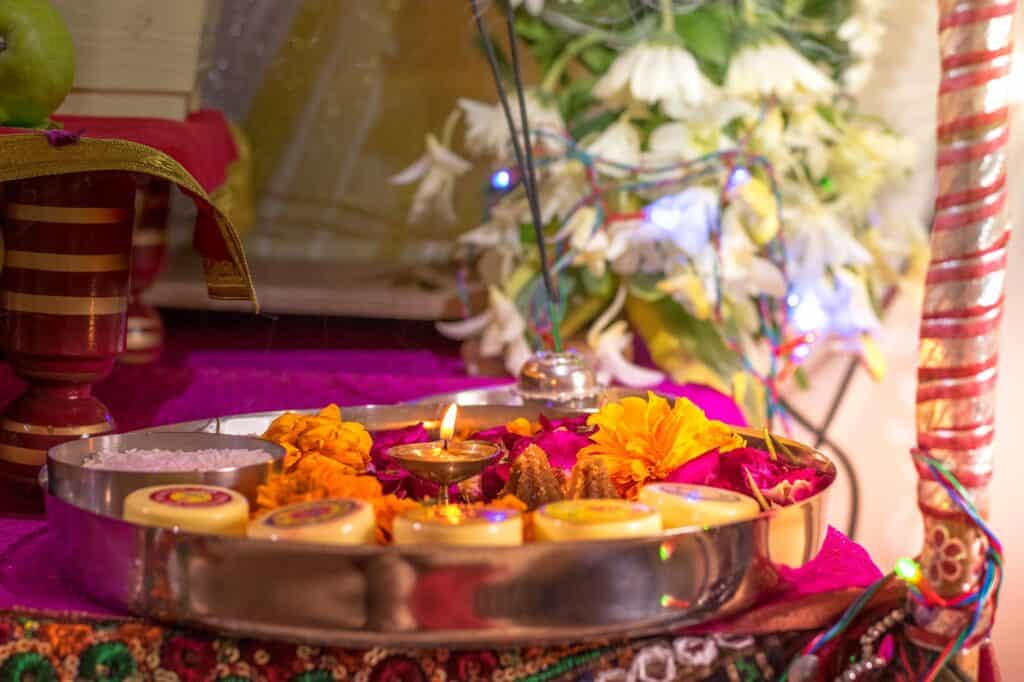
Hindus believe that performing rituals is a way of showing your devotion and sentiments towards the god and also making him the center of your spiritual life on earth. A true devotee Hindu is expected to make sure he completes all the rituals from morning till night.
There are time-based rituals which a Hindu follows from morning to night. To name some widely practiced daily rituals are Pooja, spending some time in meditating, quiet prayers, doing yoga, reciting chants from holy books, reading scriptures, visiting the temple or gathering with holy men, any kind of charity, and lighting a lamp in the house each day. Practicing these rituals are vital as it adds purity and attracts favor and blessings into one’s life.
Many people do not even like to use the word ‘ritual’ as it shows lack of seriousness and seems to be like an instruction followed. These Vedic sacrifices are made to be followed with all integrity and heart on a regular basis. The main purpose is to transfer a person to be able to change and worthy of serving the purpose of God and his ways for us on earth.
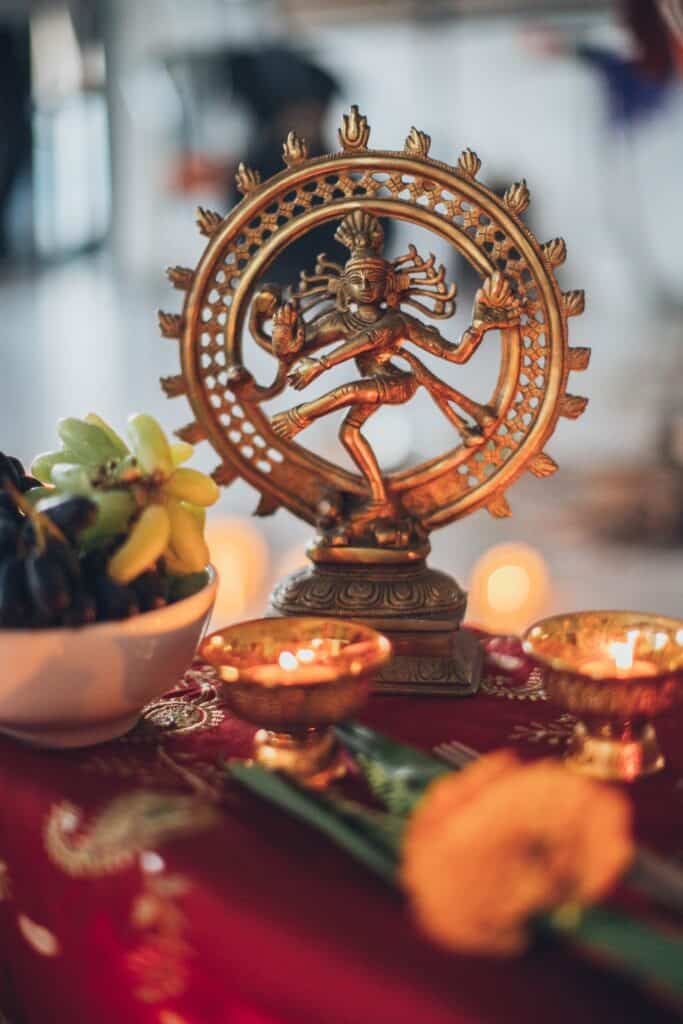
The count of Hindu rituals and ceremonies is a lot. Their main involvement of worship is to God, some living creatures, humans, and objects that hold significance in the world. The offerings to these beliefs are made daily, monthly, or annually. However, some offerings are made only on important days like festivals and auspicious timings.
The reason for these activities has a detailed meaning and importance in the religion to be grateful to God and please the deities. As said this religion makes sure every little thing you do holds importance and value in Hindu life.
The daily rituals of a Hindu devotee
The Morning Rituals

The Hindus give offerings of water to the respected deities at different hours in the entire day. The morning ceremonies comprise bathing or bodily self-sanctification, offering of water and chants to the Sun, reciting the Gayatri mantra, and putting an auspicious mark on your head. These marks vary based on their caste and personal beliefs.
Some devotees also follow the practices of their gurus. The Hindu sanyasis also worship their god and their guru or teacher depending on each person’s belief.
Even though these rituals and practices are compulsory for only the upper caste yet the Hindus follow rituals that are suited according to their time, work, beliefs, and varied faith. A lot of ancient rituals have been discarded from the current age and time. Also, some cannot be practiced today because people live in the cities and are not permitted to do them based on restrictions and prohibitions of the place.
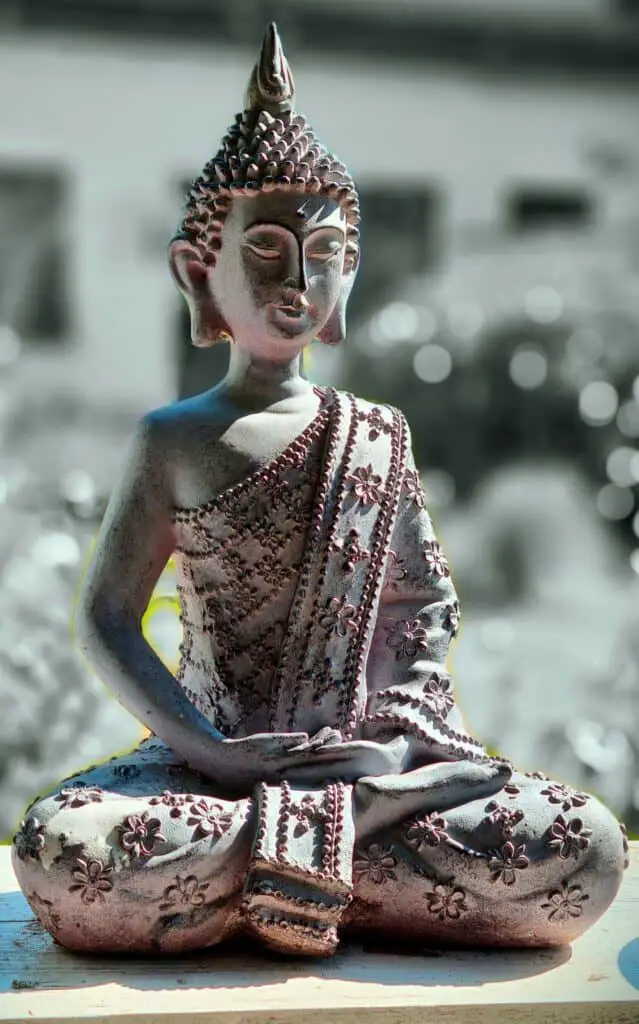
However, these rituals need in-depth knowledge and study which is not present in most people today. Therefore, these rituals have either been discarded or replaced based on the current Hindu lifestyle.
The mark that Hindus apply after Pooja or Aarti was not restricted to the forehead originally. They could be applied to various parts of the body but now have been restricted too due to lack of study and knowledge.
Many Hindus put on the tilak or the mark on their foreheads on occasions and festivals as they feel shy about it. However, some even today follow it with integrity and devotion, especially women. Nowadays it is more of a fashion symbol of spiritual importance for some people. However, some still know the significance it holds and have the utmost respect for it.
Yagnas‘
The modest form of a yagna is the in-house ritual done by the homeowner who would give a simple offering in the sacred fire that is lit at home in front of god. There are more complex rituals that are carried out when the worshiper is asked to put food grans, ghee, and essential oils into the fire to give offering to the gods of Agni, Indra, Varuna, and many more. These yagna’s are usually performed on big occasions or in Pooja when held.

Some yagna are involved in complicated achievements like fertility of soil and the for showers of rain. These are usually performed for welfare and goodness. These yagna involve the sacrifices to be made only by pujari’s and purohit’s in the offerings made. And are performed on a very large scale as compared to the simple daily yagna’s of lighting a lamp.
Anyways facts say that nowadays the practice of these yagna’s are getting lesser because of the acceptance of the western culture. The large scale yagna’s are barely performed and are probably only done a few times a year in some homes.
Japa

The Japa is a very popular and performed bhakti in the modern Hindu practices. The rise of movements like the bhakti movement and the baba and yogis known today this ritual has entered into the minds and hearts of many Hindu devotes in the modern age. The meaning of Japa is to silently recite the names of God’s in one’s mind or out loud in a room full of people worshiping together.
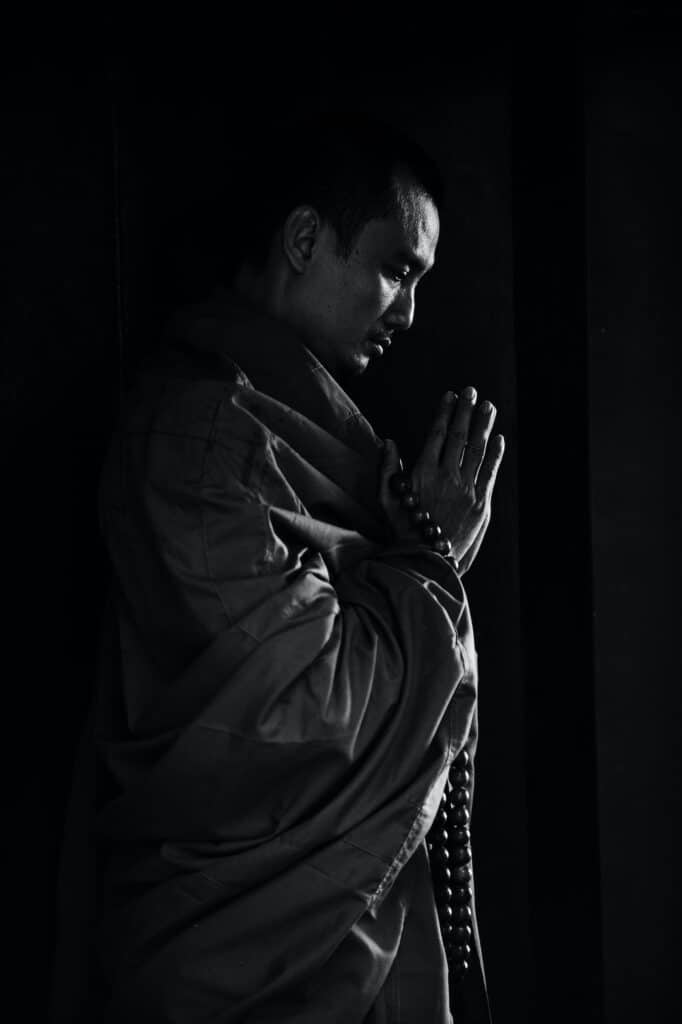
This continuous recitation of names purifies the mind and fills it with divine spirituality and energy from above. These regular chants are believed to create energy and vibrations in the body with in turn lead to spiritual transformation that pleases the purpose of God.
Even today many Hindus Jap- malas and recite the names of the god’s day and night with devotion and faith. It is common to see these practices even in a regular Hindu family.
Hinduism gives pressure on the recital of the names and shlokas with right pronunciations and perfection. In Vedic schools the students spend hours each day in perfecting their speech and words and to learn these chants and mantras with utmost correction. Though Japas do not come with so much strictness.
The devotes have freedom to recite according to their convenience and comfort. The practice of Japa is followed from ancient times and is even seen today.
The rules that comprise while performing Japas are that one should only do it for the welfare of self or others and not wish for evil for others while practicing it. The best offering is to do it with the sacred love for god and not for the selfish and worldly desires. The chanting should begin with the syllable ‘OM’ or ‘AUM’.
The importance of AUM or OM
It is a very sacred word according to Hinduism. It is considered to be the very Brahman in its self. It gives divinity to everything it comes in contact with. And when chanted it has the ability to transform one to his/her conscious being. Thus, all the chanting use this word to add the divinity and spirituality to their offerings and activities.

What are the advantages of these rituals?
These rituals help the devotee to show his love towards god and connect his physical and spiritual life with him. Also, these help in purifying one from their sins and making them worthy for to perform the purpose of God for their destines life. Not just this but they also add favor and blessing in your life and help you transform into a god pleasing human.
